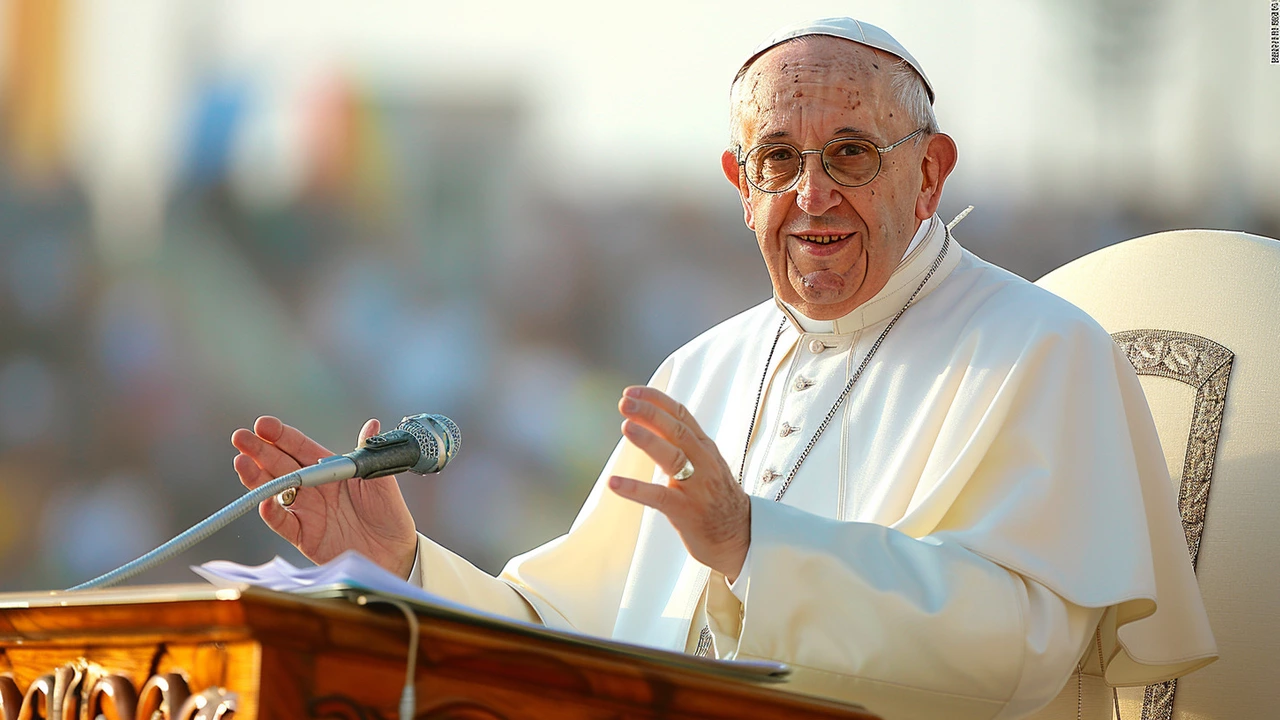Homophobic Slur: What It Means and Why It Matters
You've probably heard the term "homophobic slur" thrown around online or in conversation. At its core, a homophobic slur is any word or phrase that insults, degrades, or mocks someone because they're gay, bisexual, or otherwise non‑heterosexual. These words aren’t just bad manners – they can reinforce harmful stereotypes and make people feel unsafe.
Understanding the impact of these slurs helps us all speak in a way that respects every person, regardless of who they love. It’s not about police‑state language control; it’s about creating a space where everyone can be themselves without fear of ridicule.
Why the Word Hurts
When someone hears a slur, the brain registers a signal tied to rejection and hostility. That immediate reaction can spike stress hormones, and over time it can contribute to anxiety, depression, or even physical health problems. It’s not just an isolated insult – it’s part of a broader culture that tells LGBTQ+ folks they’re less worthy.
Even if the speaker didn’t intend harm, the result is the same: the target feels devalued. Slurs also give permission for others to repeat the behavior, turning one negative comment into a pattern of bullying. That ripple effect spreads through schools, workplaces, and online communities.
How to Speak Respectfully
The easiest fix is simple: avoid language that labels a person by their sexuality in a negative way. If you’re not sure whether a word is okay, err on the side of caution and leave it out. Instead of using a slur, describe a situation with neutral terms – "that comment was hurtful" rather than "that was a gay slur."
Listen when someone points out that a word is offensive. Apologize briefly, change your language, and move on. Repeating the same phrase after being told it’s harmful only deepens the damage.
Encourage others to do the same. If you hear a slur in a group, call it out politely: "Hey, that’s not cool, let’s keep it respectful." A quick reminder can shift the tone of the whole conversation.
Finally, educate yourself. Plenty of resources list common slurs and explain why they’re harmful. Knowing the history behind a term makes it harder to slip into casual use.
In short, dropping homophobic slurs isn’t a huge sacrifice – it’s just choosing words that lift people up instead of tearing them down. Small changes in everyday speech add up to a bigger, more inclusive world.
